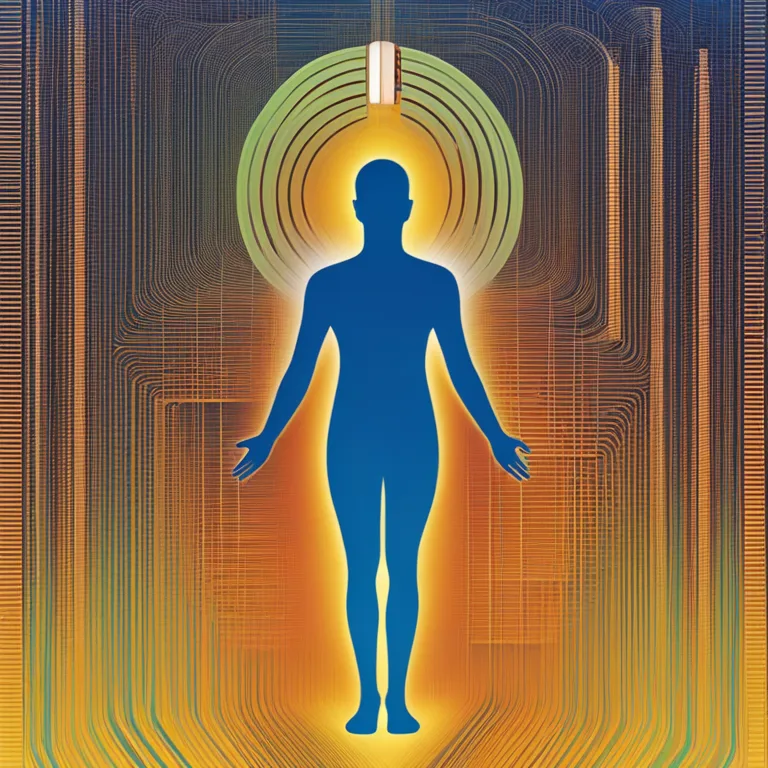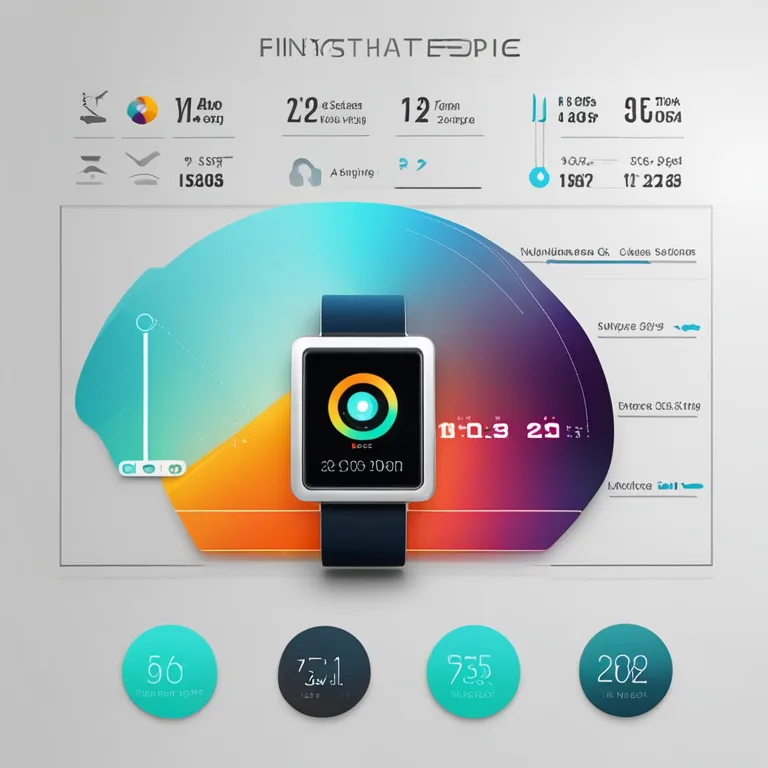
The Truth Behind Biorhythms: Fact or Myth?
Examine the credibility of biorhythms in today's context and uncover whether these biological cycles truly influence our daily lives.
article by Adrian Wallace
Introduction to Biorhythms
Biorhythms are a concept rooted in the idea that our daily lives are significantly influenced by innate biological cycles. Originating from the 19th century, the theory of biorhythms suggests that there are three primary cycles: physical, emotional, and intellectual, each with a set duration. According to the theory, tracking these rhythms can give insights into personal well-being and performance. Over the years, biorhythms have been the subject of curiosity and skepticism. In this modern analysis, we dive into the science of biorhythms, its relevancy in 2024, and whether there's credence to its claims in influencing our everyday activities.

Scientific Skepticism and Support
While the theory of biorhythms has its followers, the scientific community remains largely skeptical. Critics argue that there is insufficient empirical evidence to support the claim that these cycles affect our capabilities or decision-making process. However, some studies show potential correlations between certain rhythms and physical prowess or cognitive functions. Despite this, the general consensus in the scientific community is that more robust, peer-reviewed research is needed to draw any concrete conclusions about the validity of biorhythms in the realm of human biology.

Technology and Biorhythm Analysis
The advent of wearable technology and sophisticated apps in 2024 has provided individuals with more tools than ever to monitor various aspects of their health and activity. These applications often include features that claim to track and analyze biorhythms, offering personalized reports and advice. While they harness an impressive array of data, the accuracy of biorhythms predictions remains a hot topic for debate, leaving enthusiasts divided on their efficaciousness.

Placebo Effect and Personal Belief
It’s important to consider the role of the placebo effect when evaluating the effectiveness of biorhythms. The belief that one's performance is aligned with a certain cycle can influence behavior and outcomes. However, this is distinct from the biorhythms themselves causing those outcomes. Personal beliefs and the mind's power should not be underestimated, and they could play a role in the perceived effectiveness of biorhythms.

Biorhythms and Routine Practices
Some advocates argue that even without concrete scientific backing, biorhythms can still guide people to pay closer attention to their bodies and make more informed decisions about their physical and emotional health. As a result, individuals might become more attuned to their personal needs and rhythms, regardless of whether they line up with the biorhythmic theory. This heightened awareness can lead to improved habits and lifestyle choices.
The Future of Biorhythms
Looking ahead, it is possible that further research into chronobiology, the study of biological rhythms and their mechanisms, may shed new light on the concept of biorhythms. In an era where personalized healthcare is becoming increasingly prevalent, the idea of biorhythms and their interpretations still holds intrigue. Whether they will stand the test of time and rigorous scientific analysis, or fade as a pseudoscientific fad, remains to be seen.
Published: 12/28/2023
Modified: 12/28/2023
More predictions
Come back here soon to learn more about yourself and your future


Exploring Human Biorhythmic Cycles
Explore the fascinating concept of biorhythms and their influence on physical, emotional, and intellectual faculties in humans.


The Reality Of Biorhythm Compatibility
Unravel the truth behind biorhythm compatibility and its role in personal relationships and daily life.


Biorhythms In Humans Explored
Exploring the concept of biorhythms and their influence on human behavior and physical states.